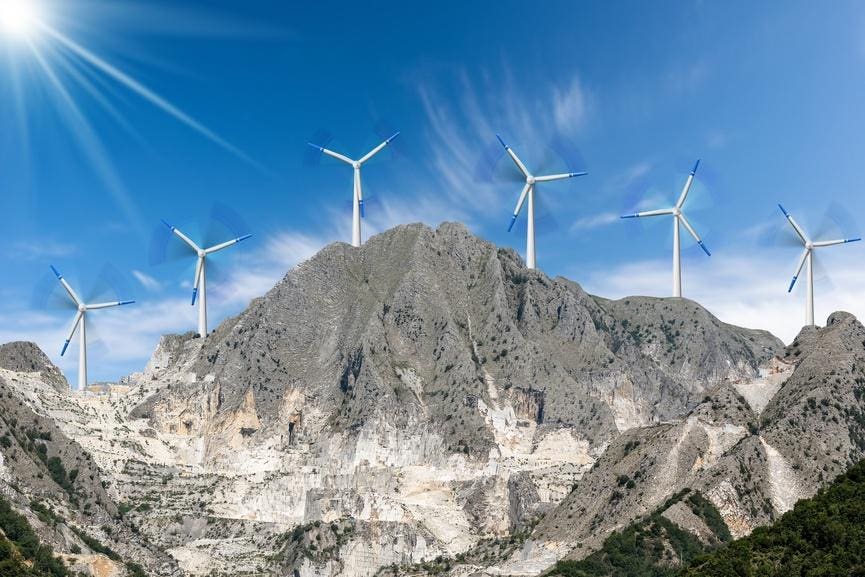The United Nations Secretary General recently announced the launch of a new panel focusing on Critical Energy Transition Minerals, with the aim of promoting responsible and fair value chains. The panel consists of 23 countries, including China and the United States, as well as 14 non-governmental groups. While the panel does not currently include scientific organizations such as the International Resource Panel or the International Union of Geological Sciences, there is recognition of the importance of incorporating credible scientific consensus into their work.
Efforts to address critical material discussions within the UN are gaining momentum, with a variety of industry groups, think tanks, and research clusters already focused on the topic. There is a significant amount of funding available from G7 countries and the EU, which has led to a surge in consulting entities providing expertise in this area. It will be crucial for the new UN panel to coordinate effectively with existing initiatives and ensure close monitoring of progress in order to avoid duplication of efforts and ensure successful outcomes.
Advocacy groups are increasingly recognizing the Initiative for Responsible Mining Assurance as a comprehensive standard for project performance. The UN panel should focus on determining the best institutional mechanisms to build trust in supply security among producers, processors, and consumers. This will help prevent environmentally damaging mining projects driven by resource nationalism and ensure that processing takes place in areas with clean and reliable energy sources.
There is a need for greater transparency in sharing impact and benefits data related to mining projects, as well as the use of techniques like Life Cycle Analysis to assess the social and environmental costs and benefits of different projects. By making decisions based on the technical merits of projects rather than political considerations, the panel can contribute to more sustainable and responsible mining practices. The panel should also consider how science and public policy can play a role in resolving conflicts such as those seen in the lithium mining industry in Portugal.
As the UN panel works towards delivering guidelines before the next General Assembly meetings, there is anticipation for fresh and actionable recommendations. The International Energy Agency’s Critical Minerals Policy Tracker tool could serve as a useful starting point for the panel’s work. With a focus on promoting responsible mining practices and ensuring a just transition to a greener energy future, the panel has the potential to make a significant impact on global mineral resource governance.













